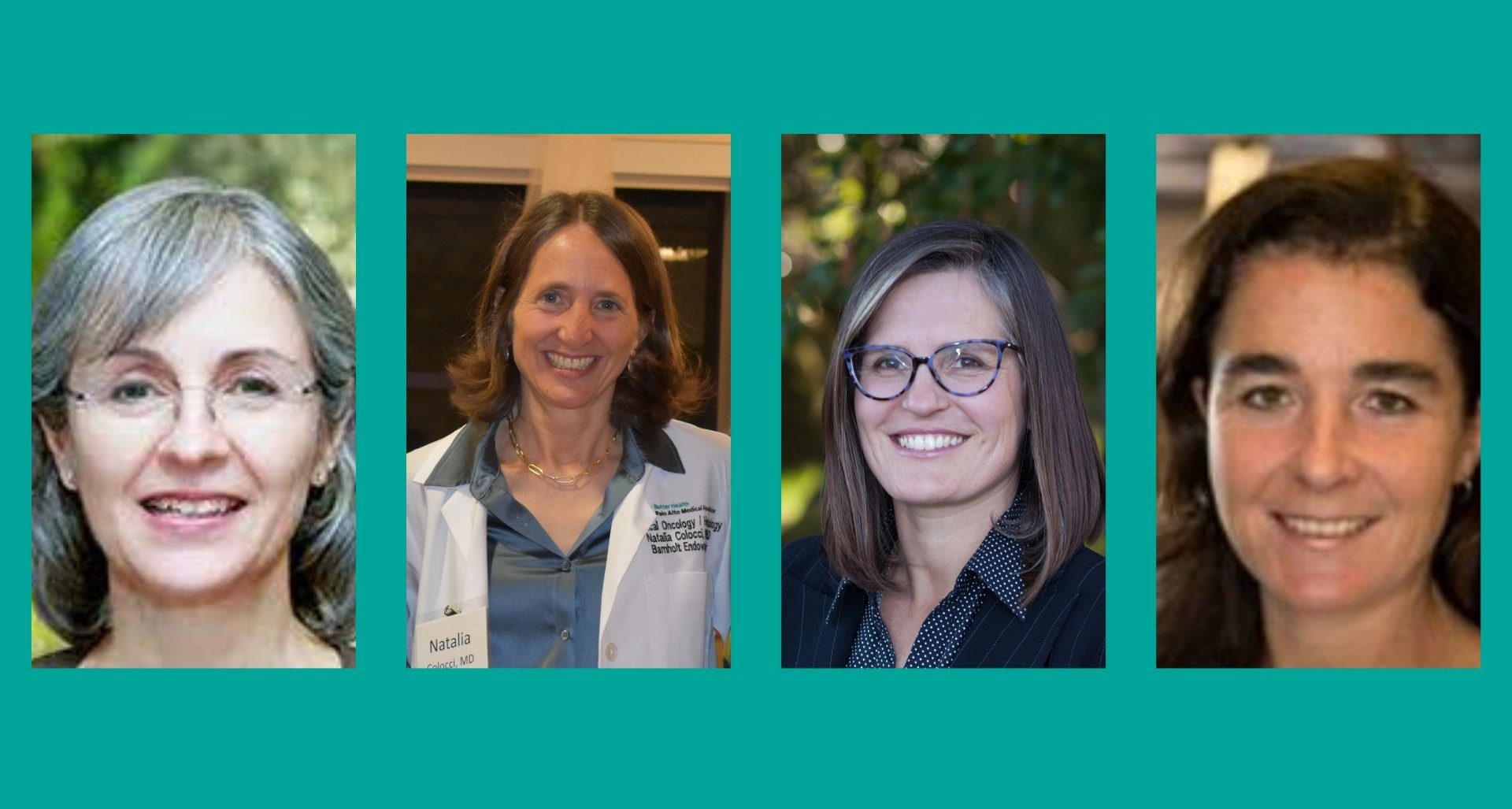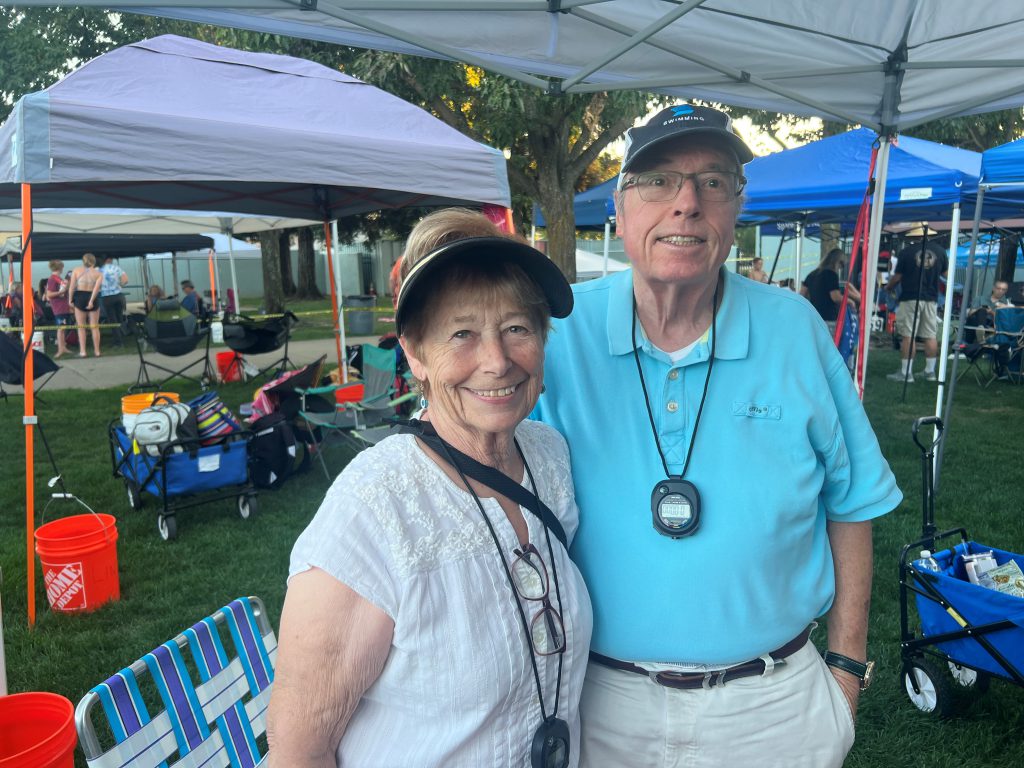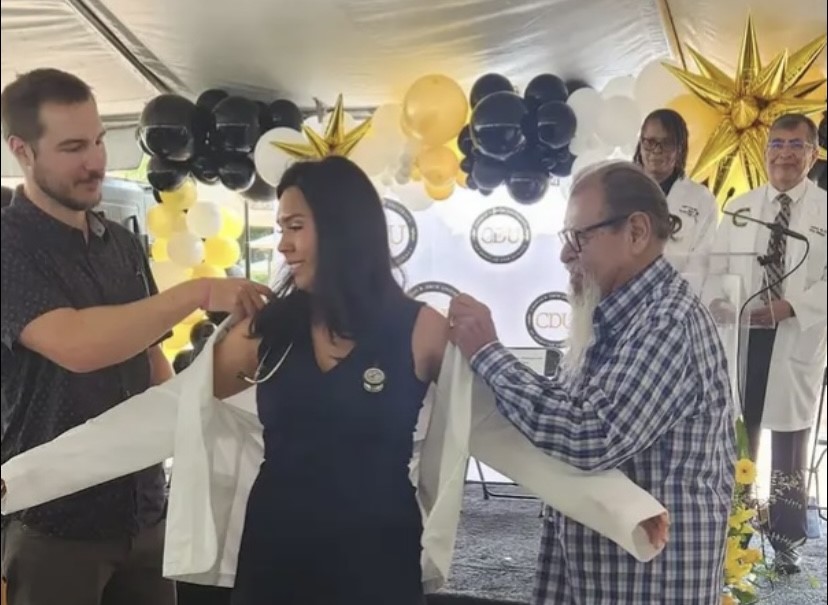By Karin Fleming, Vitals contributor
Each September, the medical community honors physicians who have offered their time, wisdom and support to advance women pursuing careers in medicine. Below Vitals features perspectives from some of the women at Sutter Health who are helping lead the field in medicine, graduate medical education and medical research/science.
Dr. Kristie Bobolis, oncologist and medical director of the Breast Program at Sutter Roseville Medical Center
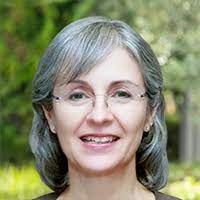
Dr. Kristie Bobolis
Q: What drew you to a career in medicine and research?
A: A curiosity in science, specifically physiology and biology. Growing up in Sacramento, I was also inspired by our family physician. He was such a respected individual in the community.
Q: What most fulfills you in your role at Sutter?
A: I’m thrilled to have a fulfilling practice in hematology-oncology as well as to participate in clinical research and mentor Sutter residents and fellows. I’m proud of collaborations that have helped build our nationally accredited breast health program at SRMC.
Q: What would you say to the next generation of women who are interested in pursuing a career in medicine, research or both?
A: Stay curious and ask informed questions. Some of the most exciting discoveries in science and medicine have arisen from pure observation and questioning.
Dr. Natalia Colocci, medical oncologist at Sutter’s Palo Alto Foundation Medical Group and executive medical director of the PAFMG cancer service line
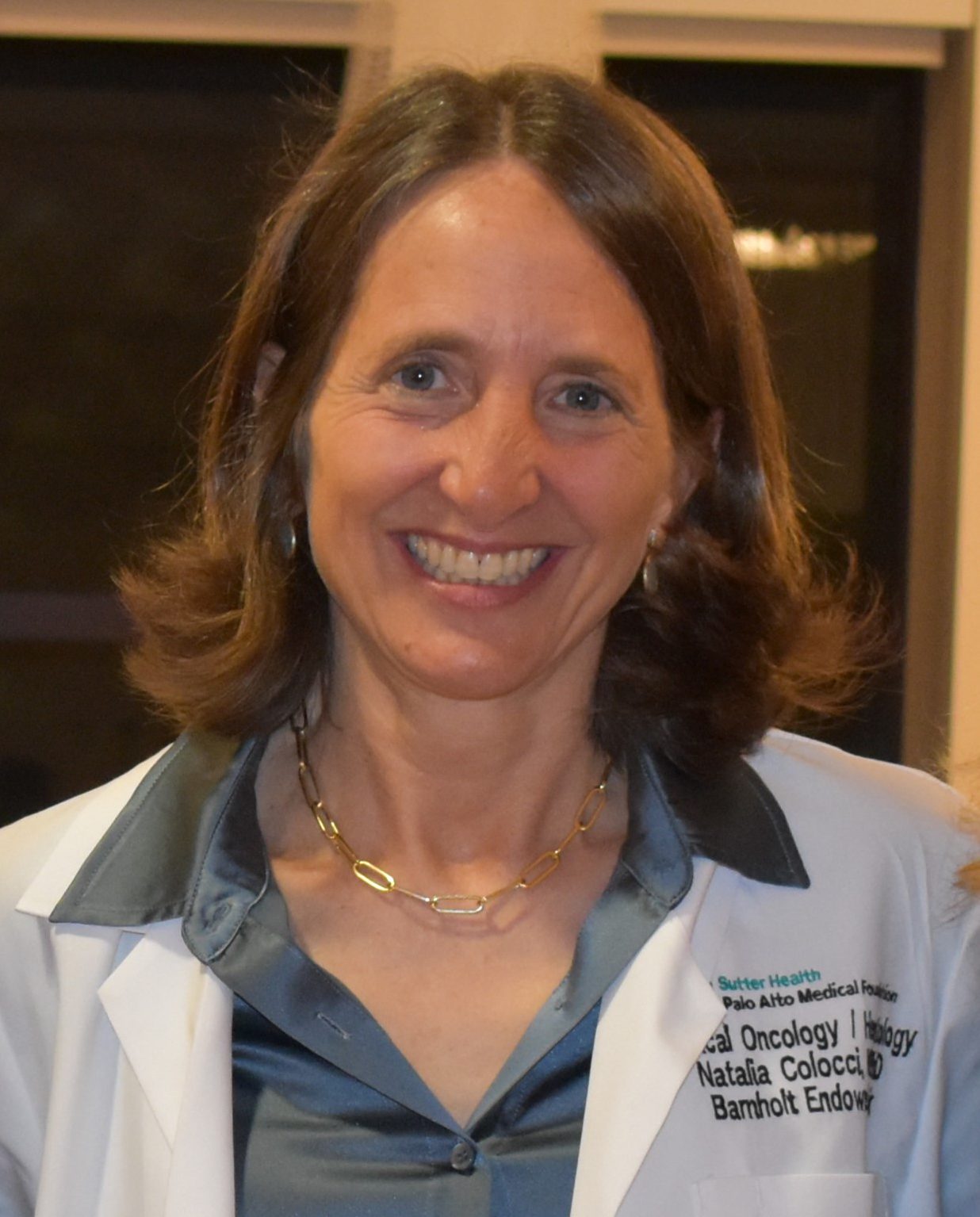
Dr. Natalia Colocci
Q: What drew you to a career in medicine?
A: As a young girl, I was already fascinated by medicine and curious about how the body works. During my studies I fell in love with organic chemistry and also developed a desire to help care for sick people.
Q: What most fulfills you in your role at Sutter?
A: Nothing in my career gives me more fulfillment than helping people during one of their most vulnerable and uncertain times. At the same time, being able to implement clinical programs such as clinical trials, nurse navigation and financial navigation programs, to mention a few, gives me a true sense of purpose.
Q: What would you say to the next generation of women who are interested in pursuing a career in medicine, research or both?
A: There is no better time to dedicate one’s life to medicine and research. There are so many ways a keen individual could choose to contribute their gifts and skills to join this movement of healers and healing.
Dr. Tara Scott, family physician at Sutter’s Santa Rosa Regional Hospital and program director of the Sutter’s Family Medicine Residency Program at SSRRH
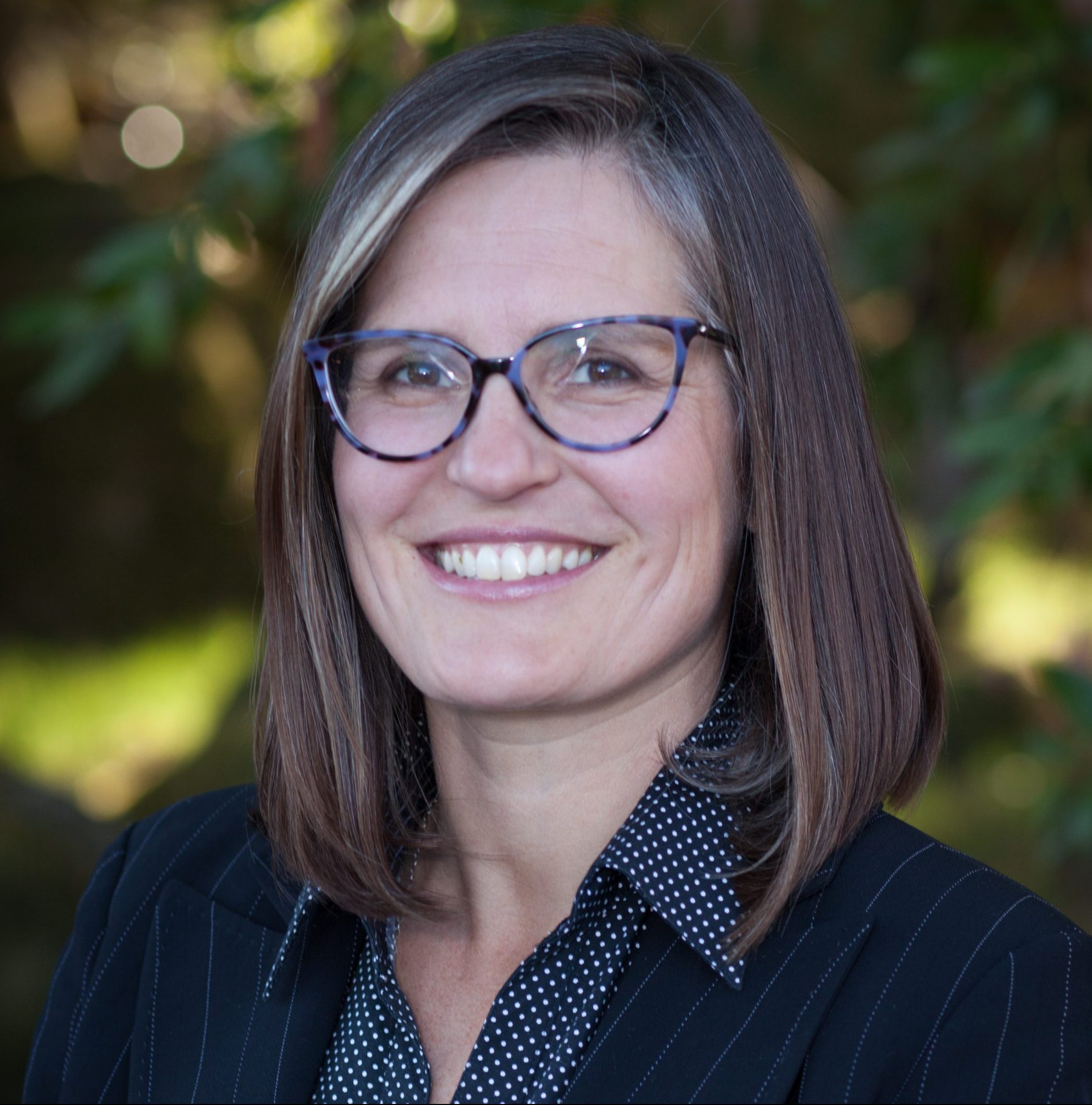
Dr. Tara Scott
Q: What drew you to a career in medicine and medical education?
A: My father was a scholar and my mother is an artist. They both role modelled and fostered curiosity and observation of the world for me in their unique ways. Eventually, my love of art and working with kids landed me a volunteer position at Children’s Hospital Oakland, and that’s where I became really curious about medicine. Also, I always knew I wanted to be a teacher. I’ve always loved seeing the lightbulb shine for a resident during a training encounter as part of GME at SSRRH.
Q: What most fulfills you in your role as a program director of GME at Sutter?
A: We have a saying here about “the river” of the residency program at SSRRH that evokes the great Russian River of our county. We say that a “river” of amazing people flows through this place year after year while those of us who stay to be a part of it stand on the banks. Over the years, being part of the river of Family Medicine as a resident, faculty and now program director and meeting so many years of residents and helping shape them has been such a gift.
Peggy Cawthon, Ph.D., senior scientist and scientific director at Sutter’s California Pacific Medical Center Research Institute
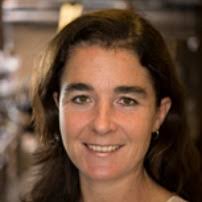
Dr. Peggy Cawthon
Q: What drew you to a career in research?
A: As a kid, I was always interested in math and human biology. Then in my first year of college I took a course about public health microbiology and learned about a field of study called epidemiology. Epidemiology was a perfect fit for my interests, because it involved math, statistics and human biology to answer important questions about human health at the population level.
Q: What most fulfills you in your role in research at Sutter?
A: I enjoy the process of developing hypotheses, and then using data to see if we are correct. I led the first large-scale study of a new way to measure muscle mass, and we hypothesized that this test would be better than conventional methods at measuring muscle size in older adults. We were correct, and it has been very gratifying to see the additional questions we have been able to answer with these data. As scientific director at CPMC’s Research Institute, I love encouraging junior scientists to develop and grow their own research programs.

